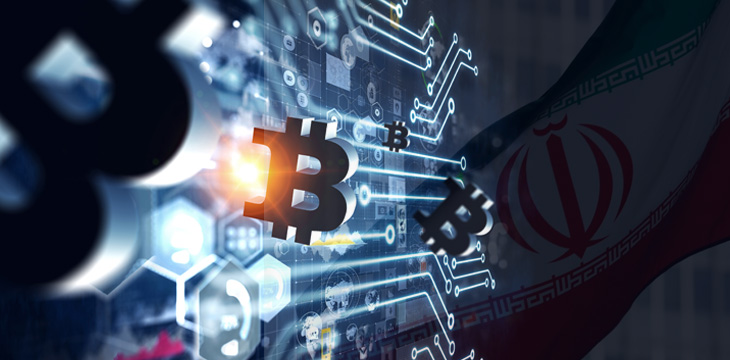|
Getting your Trinity Audio player ready...
|
If someone in Iran wants to conduct cryptocurrency mining operations, they should have a license. This is the stance of the country’s cabinet, which is reportedly reviewing a proposal that would require miners to register their operations on a yearly basis. The measure is expected to encounter little resistance and could be approved within a matter of weeks.
Coindesk broke the news on the potential registration requirements, indicating that it had received documents showing the draft proposal. That proposal states that a mining license applicant would need to provide documentation on employees, rental agreements and any other business activities in which the entity is involved.
Iran has been more supportive of digital currency than most countries, but for a definite reason. The impetus toward a fully regulated digital currency ecosystem in the country is due to international sanctions that have been implemented against the country and its government related to possible terrorism financing and nuclear weapons development.
The country legally declared crypto mining a legitimate industry in July, providing further support for the activity. It then moved to begin drafting the framework to guide the industry, as well as cryptocurrency. While not willing to order the country’s central bank to consider crypto as legal tender, oversight by the government goes a long way toward ensuring crypto’s survivability in Iran.
The reaction to the decision to require registration for mining operations has been mixed. Many view it as a positive step forward for the industry, with one individual telling Coindesk that the move will allow a stronger foundation for a sustainable crypto mining industry. Another believes that forcing registration will cause some miners to move underground to avoid having to legitimize their efforts. However, this is almost a moot point, since power plants are built to be able to detect energy usage spikes and to identify their locations. Moving underground, while relying on a power grid, could be easily discovered.
He is also concerned that more entities might decide to get into mining, which could strain the power grids. However, this, too, is mitigated fairly easily. He explains, “It’s obvious that the power industry here in Iran, it’s not a private business, it’s from the government. They need to figure out how to balance mining [operations] so that they wouldn’t harm the power grid. If there’s a constant, a continuous consumption of electricity you can also make new power plants or assign power plants to this.”

 02-25-2026
02-25-2026 




